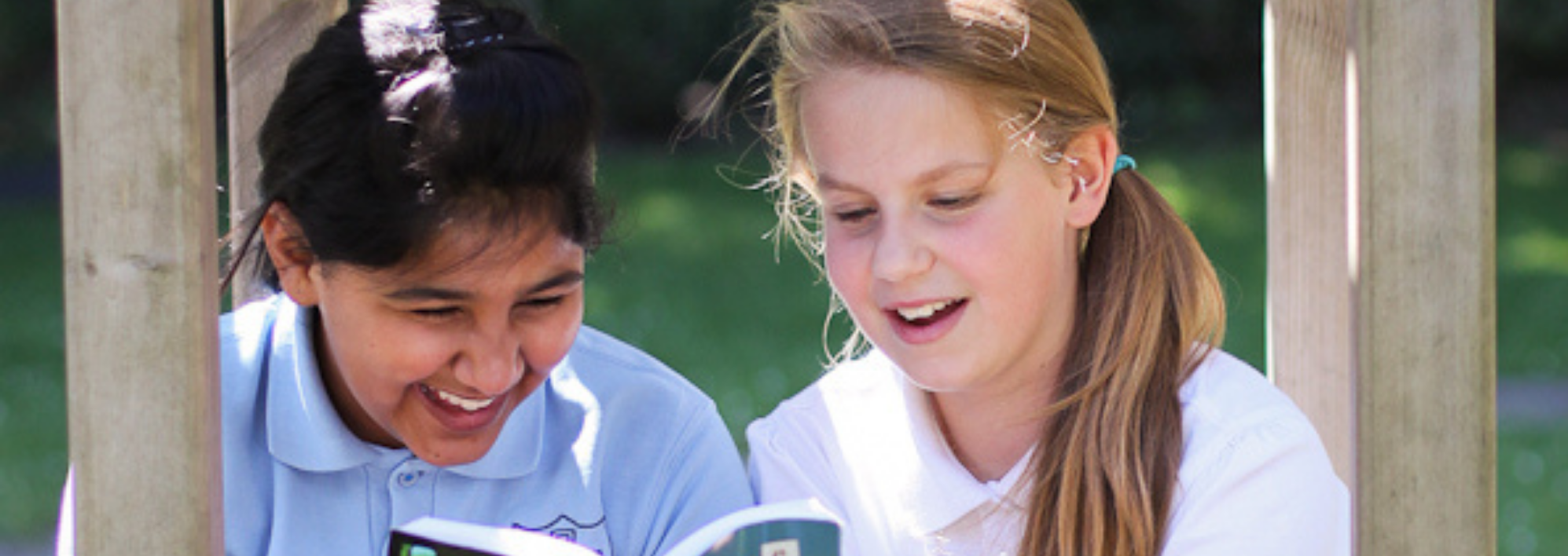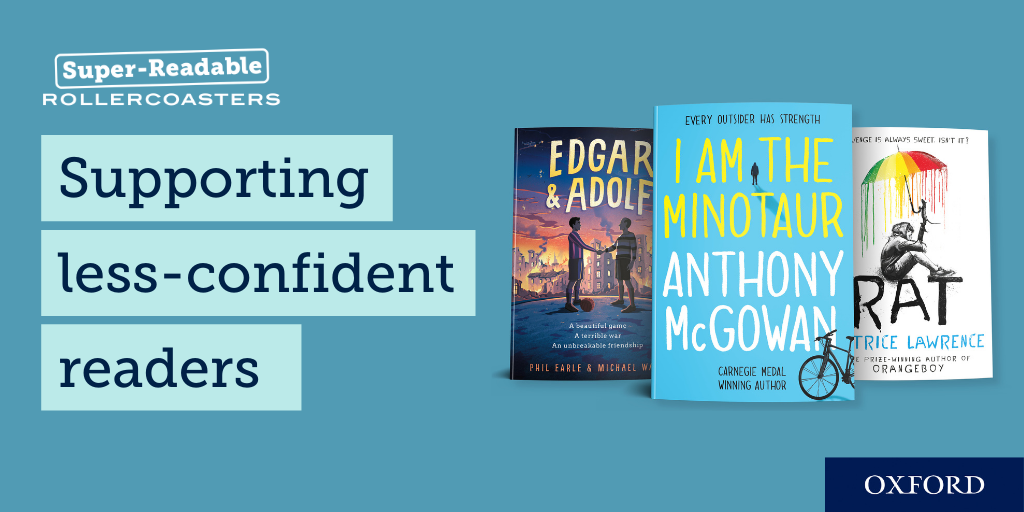
As a graduate in both English Language and Literature, I always had a vague notion that vocabulary development was best undertaken through reading a variety of texts and encountering new words in context. I assumed that vocabulary could be built merely by using context clues and by encouraging pupils to read for pleasure. We would […]
Read more






